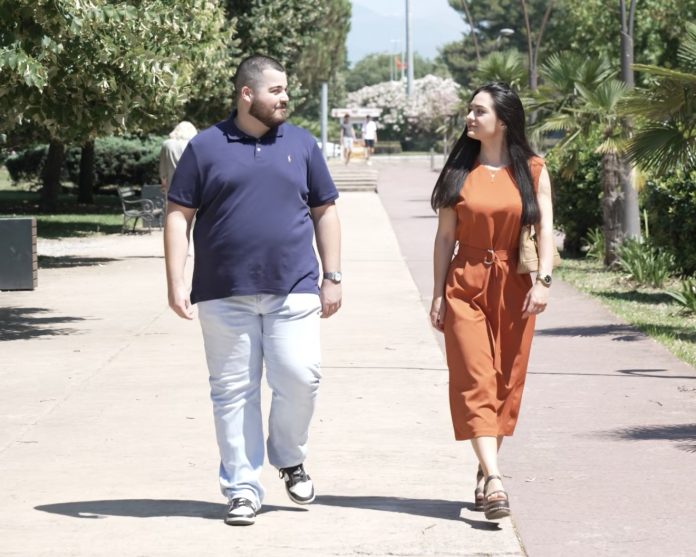Studying in several countries, discovering different cultures, and making friends all over Europe – for Emina Balota and Igor Radulović, this was not just a wish, but a reality achieved through the Erasmus+ and Erasmus Mundus programmes.
Emina Balota completed her Master’s studies in European Politics and Society at the Faculty of Political Science, University of Montenegro. At the same time, she enriched her education by studying at prestigious European universities.
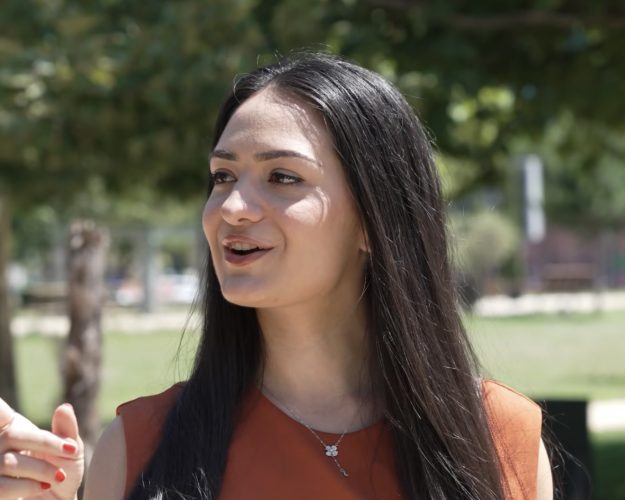
“I studied in the Czech Republic, the Netherlands, and Poland – in Prague at Charles University, at Leiden, and at Jagiellonian University. It was a unique experience, one of the most beautiful in my life,” Emina emphasizes.
Igor Radulović had a similar experience. He is a Master’s student in Artificial Intelligence at the Faculty of Information Systems and Technologies, University of Donja Gorica. “I went on exchange to Hungary, to the Budapest University of Technology and Economics, and then to Spain. During exchange, you learn a foreign language. I started learning a bit of Hungarian, but it was very difficult so I didn’t continue, while I managed to improve my Spanish quite well,” Igor points out.
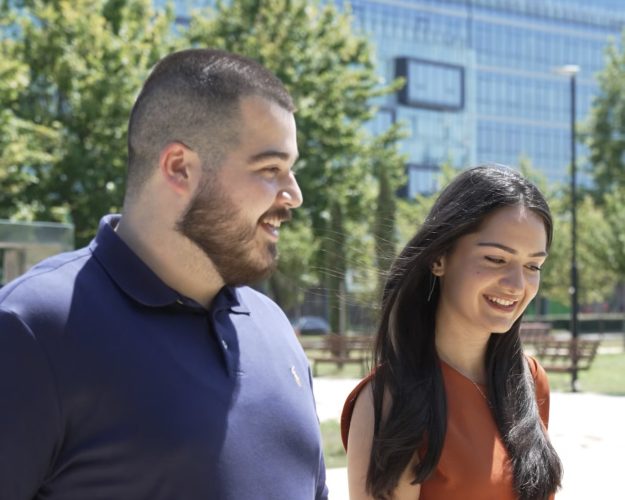
Although they both stress that mobility programmes come with certain administrative requirements, such as aligning courses and preparing a so-called learning agreement, they believe the effort pays off. “You need to prepare that learning agreement, that is, a study contract where you have to link your courses in Montenegro with the courses in that country, at that university, and they have to be almost identical so that your university knows you are learning the same content you would have learned here,” Emina explains.
The Erasmus programme was established by the European Union on June 15, 1987, with an initial focus on student exchange in higher education. It was officially launched on July 1 of the same year. Since then, more than 16 million people have taken the opportunity to gain new knowledge and experience through Erasmus+. The programme is open to a wide range of participants: students, pupils, teachers, professors, as well as educational institutions.
Through its three key actions – individual mobility, cooperation between institutions, and policy support – Erasmus+ contributes to the development of education across Europe. A special place in the programme is reserved for Jean Monnet activities, which promote European integration.
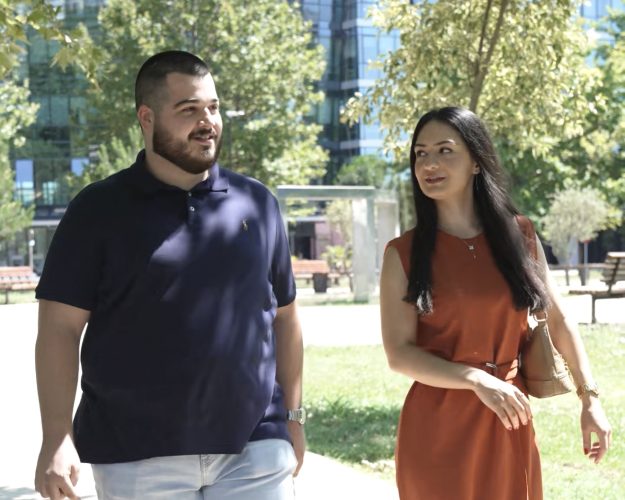
Although Montenegro is not an associated country to the programme, as a “third country” it has access to many Erasmus+ opportunities. Citizens can participate in programmes such as Erasmus Mundus Joint Master Degrees, international student and staff exchanges, and youth exchanges – provided their university or organization takes part in the projects.
The name “Erasmus” comes from Erasmus of Rotterdam, a Renaissance scholar who traveled across Europe to learn and teach, and it is also an acronym for European Community Action Scheme for Mobility of University Students.
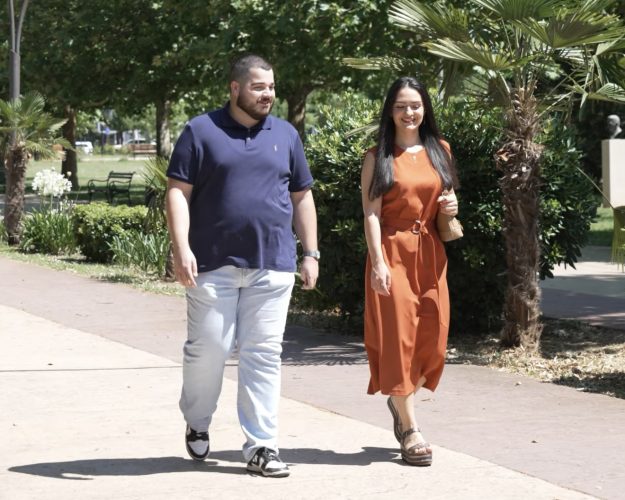
The message Emina and Igor want to share with students is clear: take advantage of the opportunities Erasmus offers you. “Go for it and make the effort,” says Emina, while Igor adds: “I wholeheartedly recommend everyone to go on an Erasmus because you make new friends, learn about new cultures, and step out of the comfort of living with your family – you adapt to something new, which is definitely highly recommended.”
Author: Anđelika Durutović


